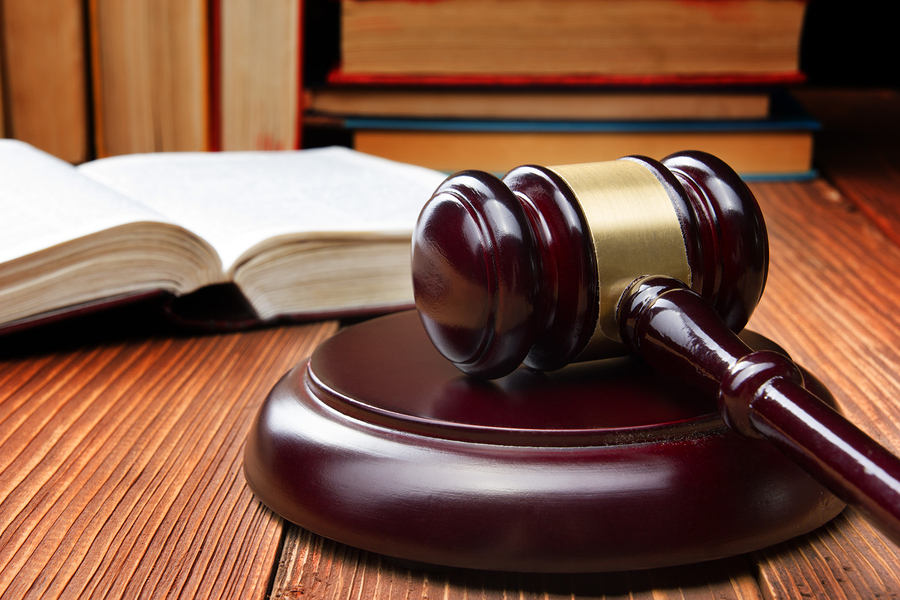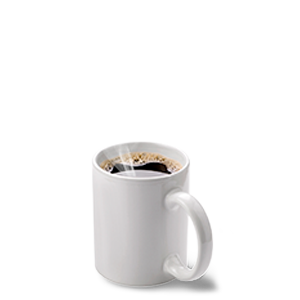Contact Us
Categories
Pre-Trial Challenges to Experts in Professional Liability Cases: Sometimes the Best Strategy is Not to Play
We’ve all been there. An opposing expert lacks the proper credentials, utilized shoddy techniques in forming the opinion and/or provides irrelevant opinion testimony and you feel compelled to file a Daubert challenge. After all, Plaintiff’s case will fall apart if you are successful in excluding the expert.

Stop. Take a breath. And consider that sometimes it is better to wait for the main event.
Professional liability cases, by and large, require an expert to testify as to the standard of care an individual practicing a certain profession must uphold and whether or not the alleged negligence caused damage to the plaintiff. It makes sense – a layperson cannot be expected to decide whether an architect negligently designed a building or whether a physician should have made a certain diagnosis without the help of a similarly-situated professional.
A Daubert challenge and eventual hearing, named for the U.S. Supreme Court case Daubert v. Merrill Dow, serves as a gatekeeper for admitting that expert testimony. This case law provides the framework for a party to challenge an expert’s qualifications and the reliability of the opinions. The hearing is an opportunity for opposing counsel to challenge these opinions in front of the presiding judge in an effort either to limit the scope of the opinions or to exclude the expert altogether.
There are many good reasons to have a Daubert hearing – the most obvious of which is the potential for disqualification of key witnesses for the plaintiff. Otherwise, it gives defense counsel a real opportunity to limit an expert to a certain opinion with a specific basis in support thereof. It also provides counsel the opportunity to preview an expert’s trial presentation and to explore any new elements in an expert’s theory that may arise from the cross-examination.
On the other side of the coin, might it be better to save the attacks on the expert witness for trial? A Daubert hearing is not just a chance to poke holes in the expertise and methods underpinning an expert’s opinion, it can also be an opportunity for the plaintiff to take a practice run at your cross-examination. If unsuccessful, the limited scope of the hearing is an excellent chance to telegraph your most hard-hitting lines of questioning, leaving opposing counsel weeks or even months to prepare for the real thing. A well-crafted cross-examination could go from wonderfully effective to woefully ineffective with this extra time to prepare.
There are undoubtedly situations in which a Daubert challenge should be made, but such a challenge should not be filed as a matter of routine and the decision to do so should not be taken lightly. As Kenny Rogers might say, sometimes the best decision concerning a Daubert challenge is in knowing when to hold ’em.
Services may be performed by others.
This article does not constitute legal advice.

